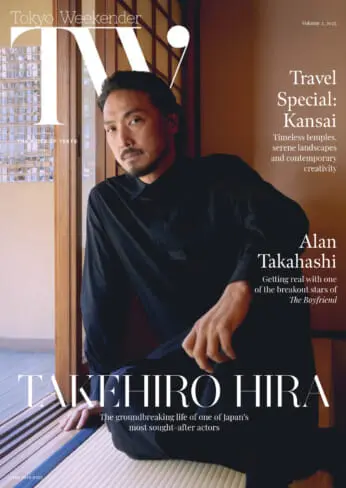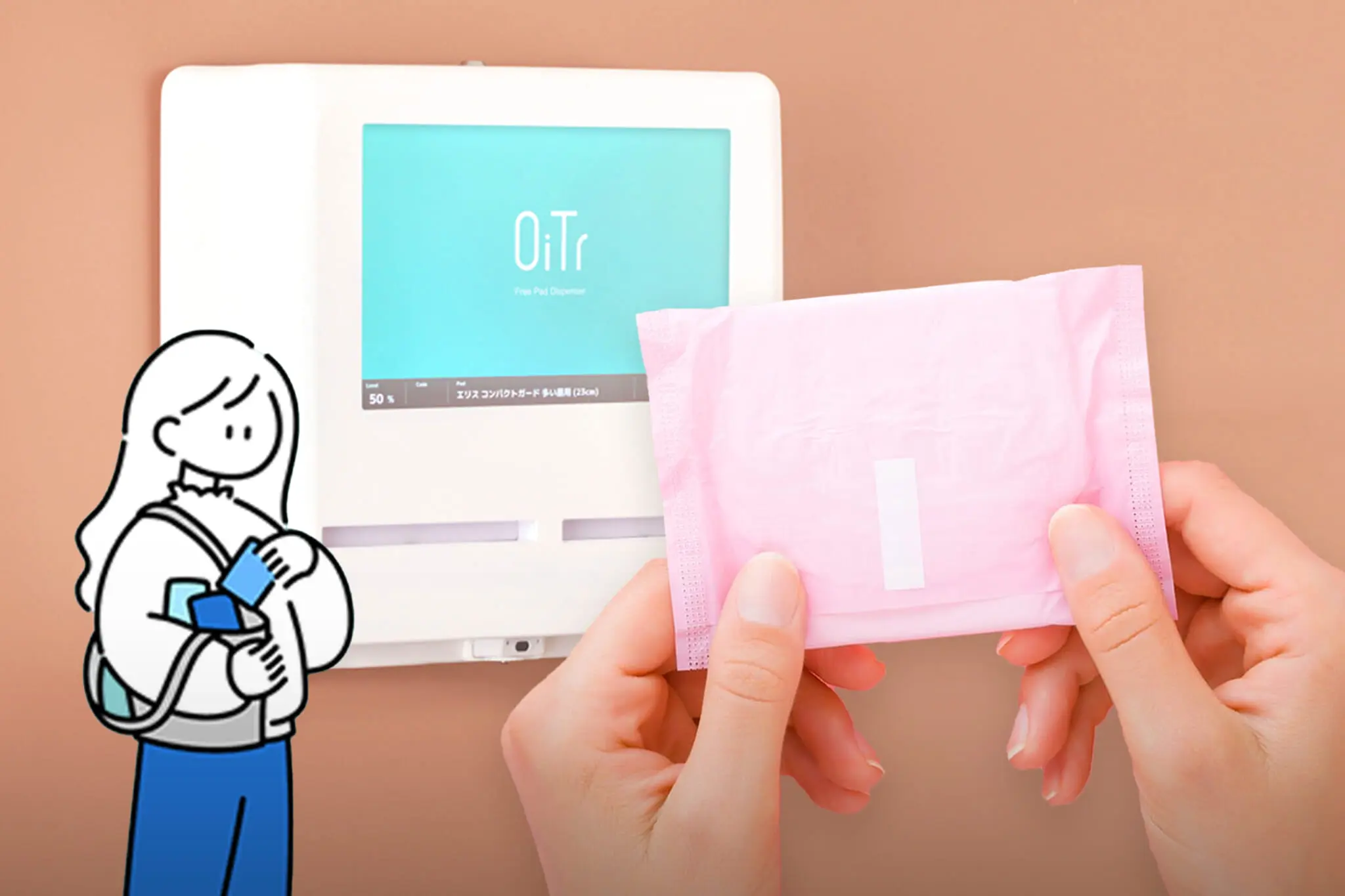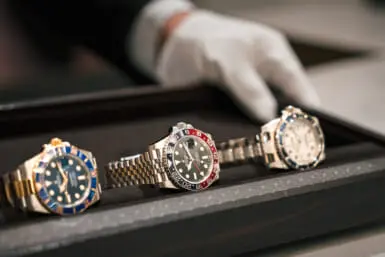Every month, more than 2 billion people menstruate around the world, according to UN Women. Though menstruation is a recurring norm for many, to others it is a source of expense, anxiety, inequality and shame.
In Japan, there’s still a significant stigma around menstruation as many see it as a taboo topic. When buying sanitary products at a Japanese pharmacy or supermarket, it’s very common for staff to wrap them up in a brown paper bag as a courtesy, assuming that it’s embarrassing for the customer to carry the product.
“Menstruation has been ignored in our society. If only we could become a society where people could speak up about how to make menstruation more comfortable,” says Chikako Nagai, brand manager of Unicharm, the largest manufacturer of sanitary products in Japan. She also started the #NoBagForMe social media campaign to reduce period shame.
On top of the social stigma, menstrual products are also prohibitively expensive for many individuals. Often referred to as “period poverty,” this inaccessibility and economic disparity is disruptive to daily lives at school and work and creates a wide gender gap in the health and hygiene care of girls, women and menstruating people.
And even for those that can access menstrual products, in the case of emergencies, people are left running to the pharmacy or awkwardly scrambling to find someone with a spare.
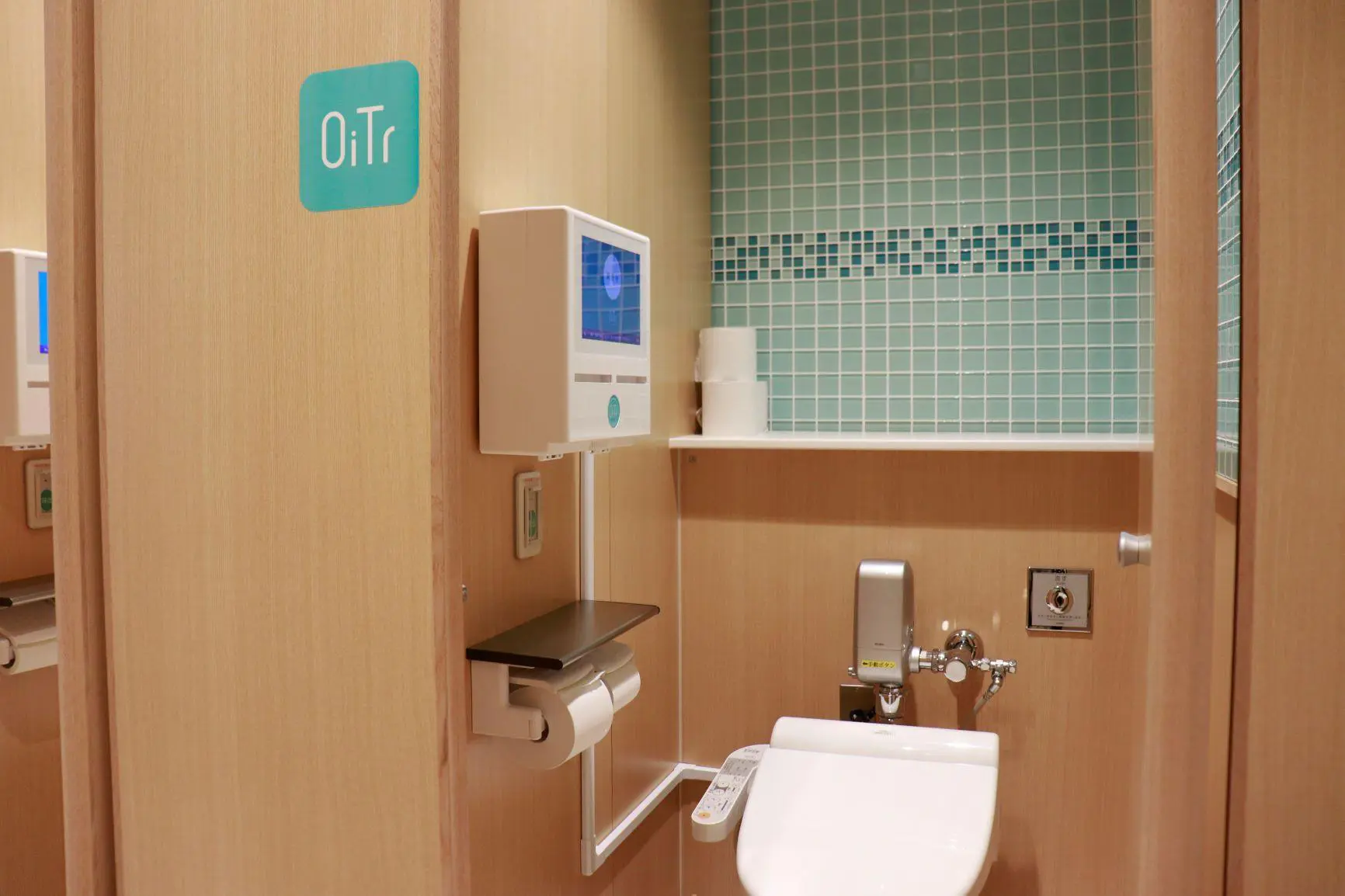
OiTr Offers a Solution
OiTr is a service that is fighting against period poverty and shame in Japan by offering free sanitary napkins at department stores, schools, city halls and other public facilities to alleviate the burden during menstruation.
Since the project’s inception in 2020, 3,092 OiTr machines have been installed in 251 facilities across the country covering all eight regions of Japan. Over 1 million people have installed the app.
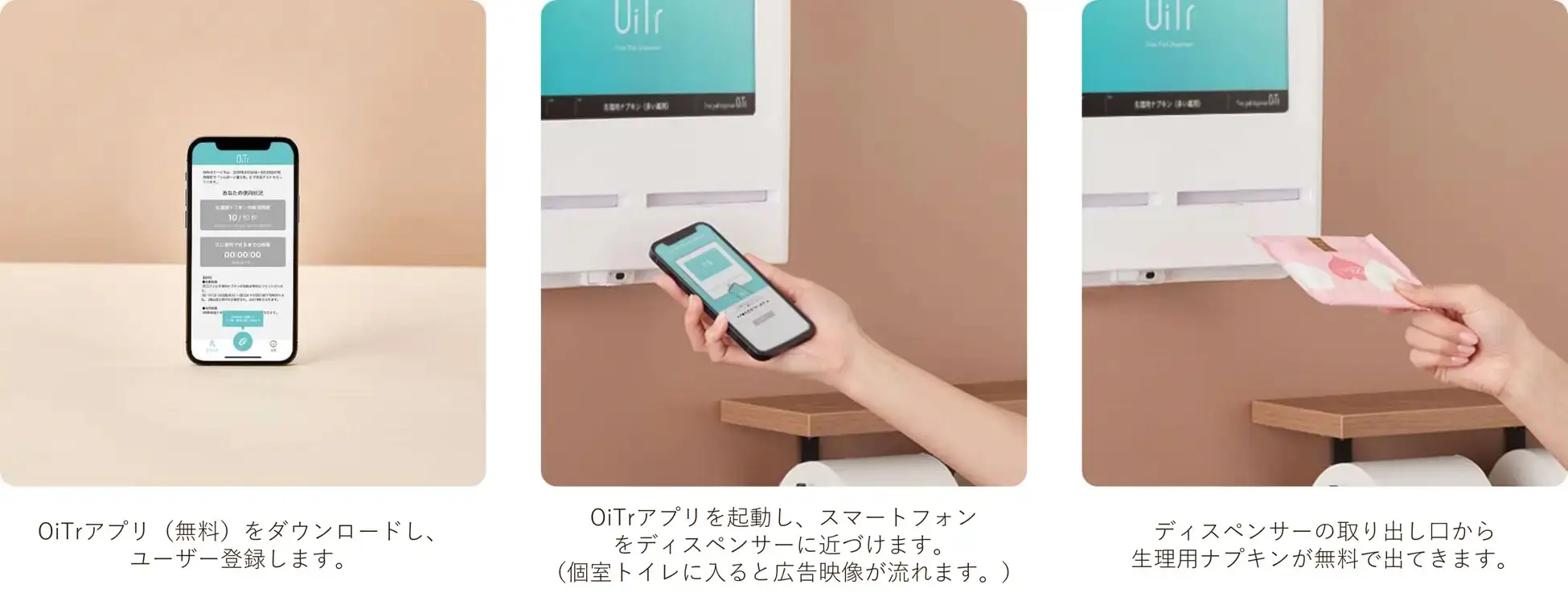
How It Works
OiTr is very easy to use:
- Users download the free OiTr app.
- They then tap their smartphones on machines inside participating restroom stalls.
- The OiTr machine dispenses a free sanitary napkin.
After registering for a free account, users can get another pad every two hours, the recommended time that gynecologists suggest people should replace their pads. The machines are located inside the stalls, allowing for privacy to avoid social stigma.
The cost of the pads and operations are covered by advertising revenue. OiTr utilizes the screens on their machines as an opportunity for advertisements from sponsoring companies. While a pad is dispensed, a short silent commercial plays inside the stall. Not only are companies able to precisely target their ads in a high occupancy space inside restrooms, but they are also able to increase their social outreach.
Partners include Laurier, Warner Music Japan, Iroha, Kumon and many others.
Where To Find OiTr
Sophia University is one of several colleges to have partnered with the company to provide free menstrual products for their students.
“I hope that this will not only enable students who have periods to have a comfortable university life, but also provide an opportunity for more people, including students who do not have periods, to learn about ‘period poverty’ and the ‘taboo of menstruation,'” said He Jiayi, a third-year business administration student and member of the Gender Equality for Sophia extracurricular group.
Waseda University, Keio University, Tokyo University of Technology and Tokyo Polytechnic University are some other notable educational institutions in Tokyo that offer OiTr’s services.
These services, however, are not limited to just schools. OiTr is available in various buildings around the city so that free sanitary products are conveniently at hand. Public libraries, museums, city halls, ward offices, community centers and shopping malls have partnered with OiTr.
For a full list of OiTr’s service locations and where to locate a machine near you, please visit the company website.
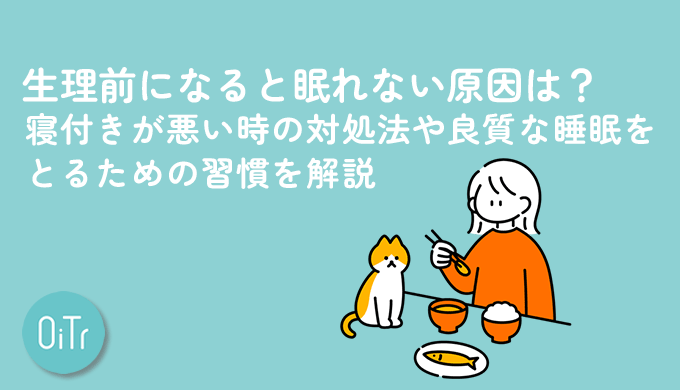
Along with the pad dispenser system, OiTr has expanded to offer further assistance through a menstruation calendar and a blog with articles on health, relationships, sexuality and advice directly from doctors, all available within the app.
